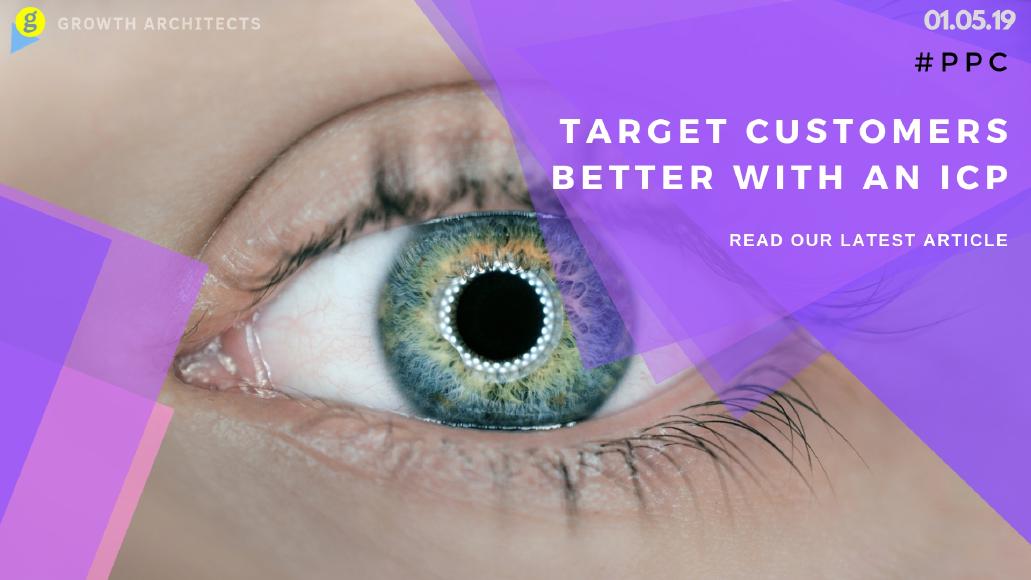Embarking on a new PPC marketing campaign is a daunting task. It doesn’t matter if you’re the marketing manager for a FTSE 100 or an owner of an independent mortgage broker, it’s always difficult to part with money in return for an unknown return.
The latest technology marketing providers want you to believe in continuous improvement, where you meticulously measure CTA, CPA, Impressions, CTR and all sorts of bonkers sounding metrics.
Over time, these metrics have become a fundamental part of a marketeers vocabulary – designed so that we could all speak to one another, stripping down complex processes without using time consuming vernacular – but at the same time it’s got us all sounding rather silly as we do it, sounding like clucking hens to outsiders.
The main issue with all of this new language is that it’s distracted us away from the fundamentals and made us reduce our efforts on the elements which actually drive successful PPC campaigns.
I’m not saying that these aspects are not important but what I am saying is that there are areas (before we reach the point of measuring the output) which dictate the success of your next PPC campaign.
Remember what’s important; the customer.
If you’ve been running a business responsible for taking a service or product to market, you probably know who you’ve done business with before. You’ve recorded them in a database, CRM or ERP system which you can take a look at. If you’re a small business, you can probably remember most of your recent customers but if not, you’ll have some way of taking a look at who is buying your product/service, right?
The importance of knowing who your customers are, is really the key to making sure your next campaign provides a good return. Taking a look at your records, you’ll easily be able to identify the types of customers you serviced, the products they purchased and (if you have good records) how they used it.
Chances are, for your next campaign, if you found similar people to those you’ve already sold to you would stand a good chance at selling to them too. You know, based on your sales records, that these types of customers have already purchased from you – if you have a CRM system, you’ll be able to identify commonalities and start to establish what we call an Ideal Customer Profile (ICP).
What’s an ICP (Ideal Customer Profile) ?
An ICP is simply a way of identifying the types of customers which your business can service well. It usually contains a range of information but most importantly it will contain your previous customers’ demographic, pain points, budget range, personal drivers and purchase flow.

PPC Ideal Customer profile is the key

Google Ads PPC Ideal Customer profile instructions
Demographic
Defining customer demographics can help you become informed about their age range, location, marriage status, employment status (occupation).
Pain Points
Encapsulating your customers problems and how your product helped resolve them is also a crucial element of an ICP. This will feed directly into how you talk about your products as it will help you connect the features/capabilities of your service or product with your customers problem in a valuable way.
Budget Range
As your customers have already made a purchase, you’ll know how much they’ve spent. If you review all of the purchases your customers have made, you’ll have a range of values giving you valuable insights into how much your customers are willing to spend. If you’ve collected additional details, you may also be able to tell which industries spend more, what age range spend the least or perhaps if managers buy more frequently.
Personal Drivers
This is a little harder to gauge but could include what your customers are motivated by. Are they looking for the cheapest solution to their problem? Do they want to buy a product or have someone resolve their problem through a service? Do they want to learn how to solve the problem in the future or are they happy just to call you again? Personal Drivers can help you craft a marketing message which resonates with your target audience and make it meaningful in the process.
Purchase Flow
If your customers mentioned they needed approval for the purchase or if they needed board approval to proceed – these will all be captured here. If you’re mostly dealing with consumers (rather than corporations) perhaps they need a spouse approval or need to spread payments over time. Understanding how your customers purchase is also vital in presenting your services or products attractively.
This all takes time to compile. Reviewing customer databases such as CRM, ERPs or spreadsheets is a time consuming task but arguably it’s the most important step in any campaign. Understanding your customers intimately is the key to unlocking a smooth ride when it comes time to running a campaign of any nature. The outcome of running a PPC, SEO, inbound or placing an ad in a local magazine is all dependent on knowing who your customers are.
Without knowing who you’re targeting, it’s going to be an expensive endeavor and honestly, whatever way you cut this – you’ll pay one way or another.
If you perform the customer research yourselves, you’ll pay with your time. If you hire an agency to run your next marketing campaign, you’ll pay for their time. Sometimes it’s cheaper to perform the research yourselves but sometimes your time is too valuable.
Discovering who your customers are is a surefire way of launching a productive marketing campaign. Knowing you will click on your ad, call your business or submit an enquiry ahead of time puts you ahead of most. And in this world, where every advantage pays dividends, you should take advantage of it.

Customers can show you the way
Tried it; doesn’t work.
We see a lot of businesses which are nervous about launching a marketing campaign or those who have recently been burnt by a poorly optimized campaign. Whenever this happens, it reduces marketing’s reputation which is bad for everyone involved.
Well researched marketing campaigns are the bedrock of what our industry does. It should be so deeply imbedded into every conversation you have with each other or your agency that it forms the basis of every decision you make.
Where should we advertise? – Where do your customers reside?
What should we advertise? – What problem are you trying to resolve for your customer?
What price should our product be? – How much have your customers paid before?
Which industry should we target? – Which industry is your most popular, to-date?
What should our Copy say? – What is your customers age, interest, location, language, experience level?
What image should we include in our PPC ad? – What do your customers expect to see?
You already have the answers to your marketing questions
Whenever there is a marketing related question, you can always invoke your ICP. Every question you ask should always be grounded in reality and introducing an ICP (regardless of the size of your business) should add clarity to your discussions and ensure you remove the guess work from your campaigns. Your decisions should be made on fact; not conjecture.
So, next time when you think about placing an ad or someone calls you talking about a promised CTR remember that no one knows your customers like you. If you haven’t researched your customers and uncovered who to target, how will anyone else?


